Foolproof Older Roses
aimeekitty
12 years ago
Related Stories
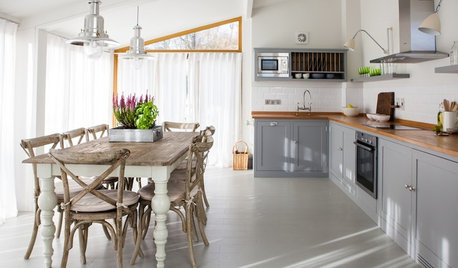
DECLUTTERINGFoolproof Ways to Declutter Your Kitchen
If you find yourself fumbling through cupboards to find what you’re looking for, it’s time to take action with these simple steps
Full Story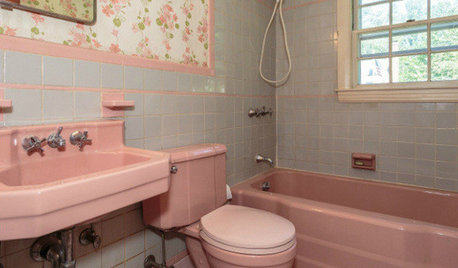
BATHROOM COLOR8 Ways to Spruce Up an Older Bathroom (Without Remodeling)
Mint tiles got you feeling blue? Don’t demolish — distract the eye by updating small details
Full Story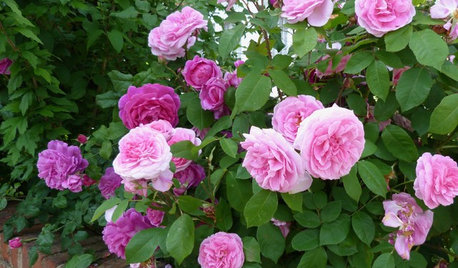
GARDENING GUIDESWhat Kind of Roses Should You Grow?
Want to add the beauty of roses to your garden? Find out which ones, from old-fashioned to modern, are right for you
Full Story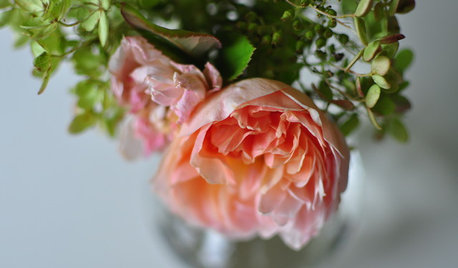
GARDENING GUIDESRoses: Crowning Touch of Gardens
Whether you're the Miss or Mister America of gardening or take a hands-off approach, roses can be a winning addition to your landscape
Full Story
WINTER GARDENINGPruning Secrets for Exquisite Roses
Encourage gorgeous blooms year after year with this time-tested advice on how to prune your rosebush in winter for health and shape
Full Story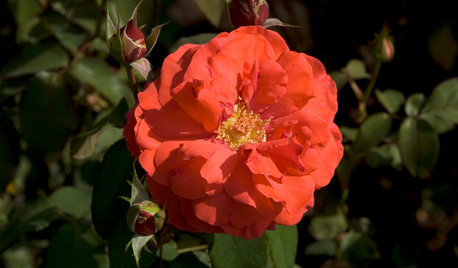
GARDENING GUIDES6 Captivating Roses for an Alluringly Fragrant Garden
Perfume your garden with aromas from richly spicy to lightly sweet, without sacrificing an inch of color
Full Story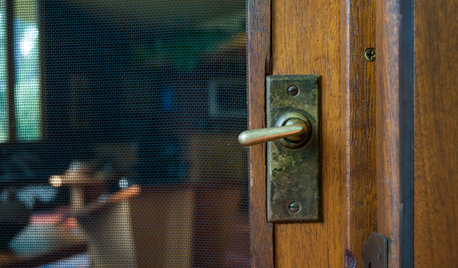
REMODELING GUIDESOriginal Home Details: What to Keep, What to Cast Off
Renovate an older home without regrets with this insight on the details worth preserving
Full Story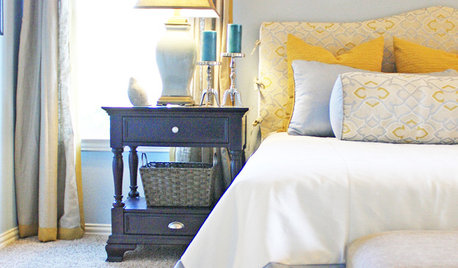
COLOR8 Color Palettes You Can't Get Wrong
Can't decide on a color scheme? Choose one of these foolproof palettes for a room that feels both timeless and fresh
Full Story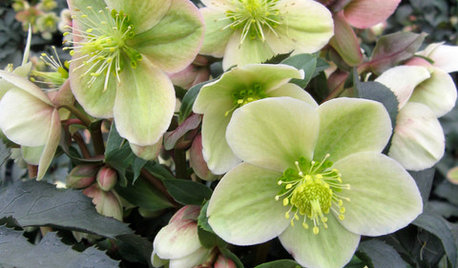
WINTER GARDENINGGreat Design Plant: Gold Collection Hellebores Perform Like Stars
Exciting colors, longer bloom times, forward-facing flowers ... These hybrids leave old hellebores in the dust
Full Story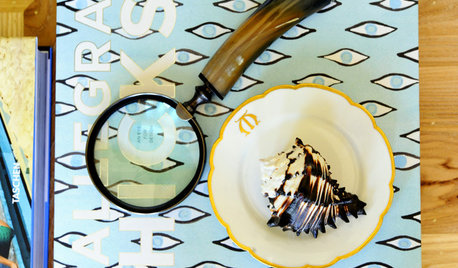
ACCESSORIESStyling Basics: 8 Favorite Accessories to Finish Your Space
Here's how to use these simple items to take your room to the next level
Full Story


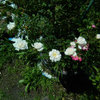


mad_gallica (z5 Eastern NY)
aimeekittyOriginal Author
Related Discussions
Foolproof in the northeast? the midwest?
Q
What's the most foolproof antique rose in your area?
Q
Older knockout roses
Q
Looking for older roses cuttings.
Q
lavender_lass
roseseek
jerijen
jacqueline9CA
jerijen
aimeekittyOriginal Author
jerijen
roseseek
aimeekittyOriginal Author
jerijen
roseblush1
aimeekittyOriginal Author
jerijen
roseseek
bart_2010
Campanula UK Z8
roseseek
bart_2010
strawchicago z5
strawchicago z5
erin1000
jerijen